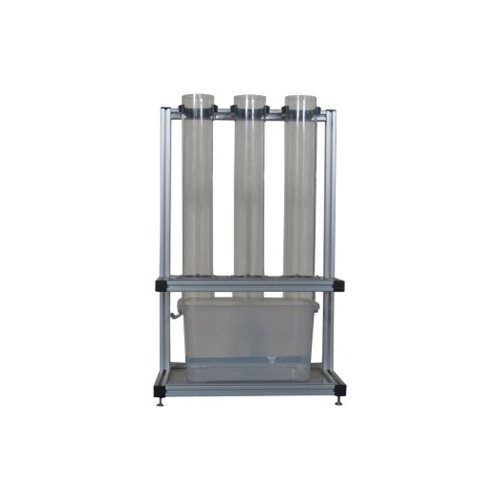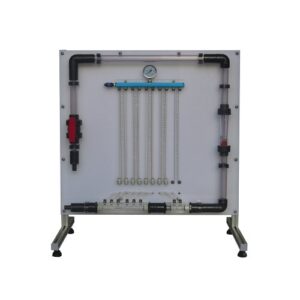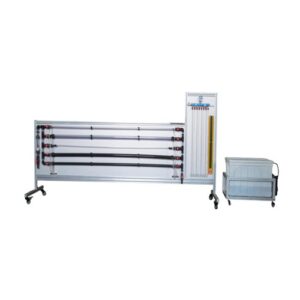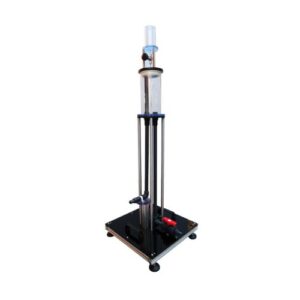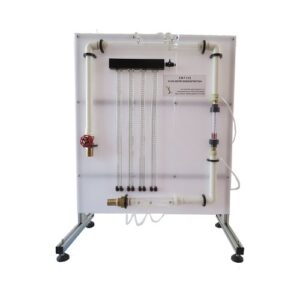AZM7314 Demonstration Infiltration Apparatus educational training equipment Hydrodynamics Laboratory equipment
- Performance parameters
Dimensions: 500mm*360mm*820mm
Inner diameter of test tube: 90mm
Weight: <30kg
- Product introduction
Soil permeability is also called “soil permeability”, which is the permeability of the soil to surface water. It is one of the main characteristics that affect soil erosion. Determined by factors such as soil texture, structure, porosity, moisture, and profile configuration. Generally, soils with coarser texture, better structure, larger pores, and lower humidity have easier water seepage, higher water permeability, and reduced surface runoff. Conversely, if soil seepage is slow and water permeability is small, the surface runoff will increase, and the erosion effect on the soil will increase. In the soil profile configuration, when the water permeability of the upper and lower layers is inconsistent, the soil permeability is often determined by the layer with the least water permeability. The closer the layer with less water permeability is to the ground, the greater the effect and the more likely it is to cause stronger soil erosion. The demonstration infiltration equipment provides a simple but effective laboratory demonstration of the infiltration process, which is all forms of irrigation research. Foundation.
The device includes three transparent cylinders in which soil samples are placed. When water penetrates the sample, the water poured on the soil surface can be observed.
- Can do experiments
Study the factors affecting soil permeability.
Including 1. The particle size and mineral composition of soil particles.
- The structure and structure of soil.
- Porosity ratio.
- The saturation of the soil.
.

